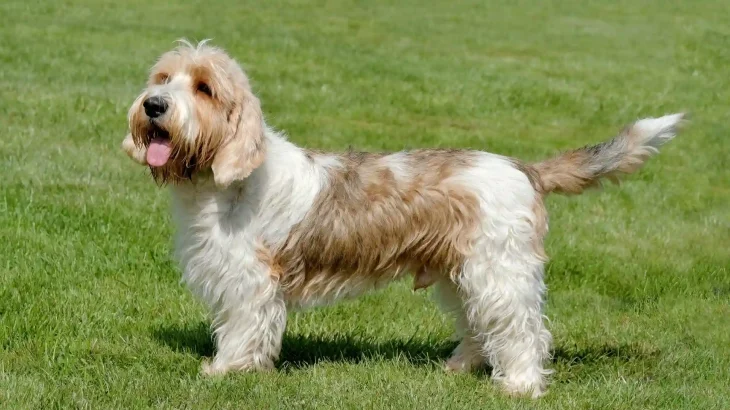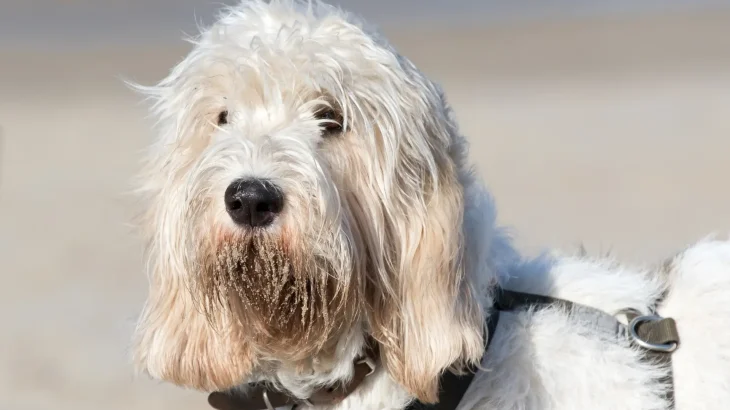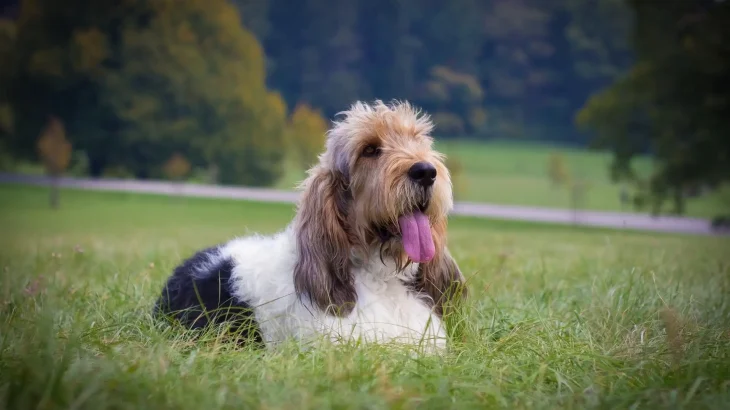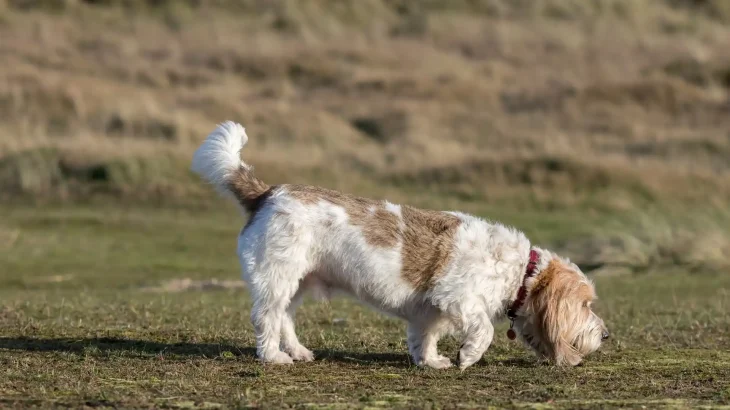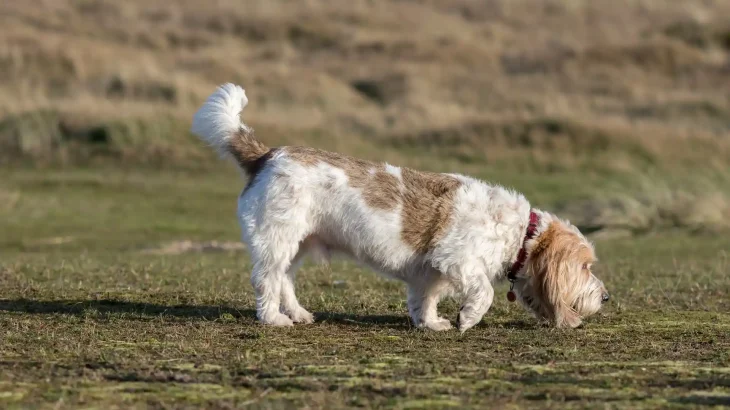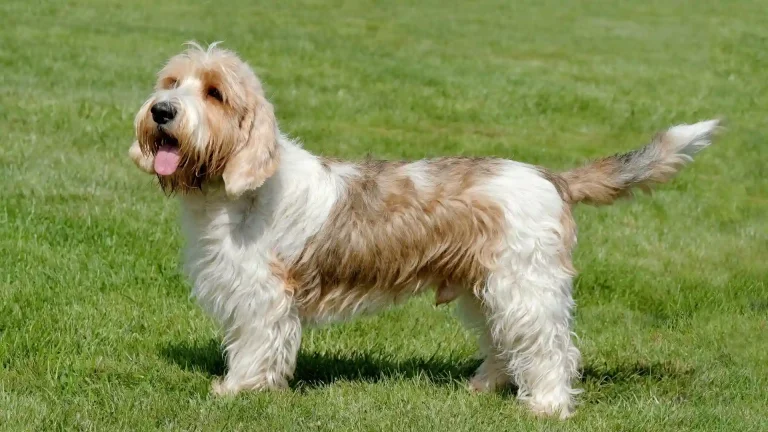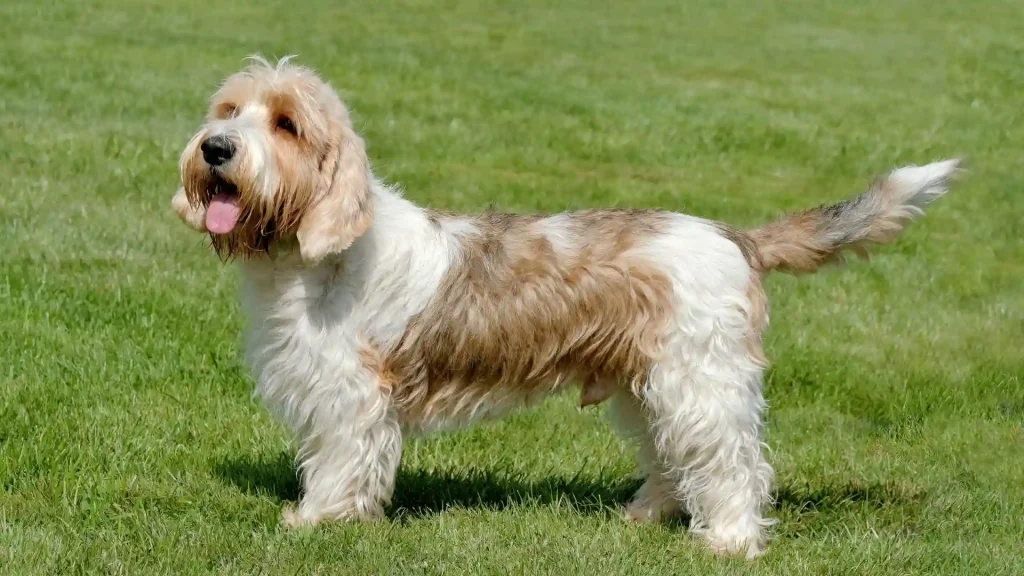Choosing between adopting or buying a Grand Basset Griffon Vendeen puppy comes down to your priorities regarding cost, health transparency, and ethical considerations. Purchasing from a breeder typically offers more insight into the puppy's lineage and health but tends to be pricier. Adoption may be more budget-friendly and ethically rewarding, although detailed background information might be limited.
Adoption vs. Breeder: Pros & Cons
| Criteria | Buying from Breeder | Adopting from Shelter/Rescue |
|---|---|---|
| Cost | Higher initial cost, often several hundred to a few thousand dollars due to purebred status. | Lower adoption fees, usually more affordable, sometimes including basic veterinary care. |
| Health History | Detailed health records, genetic screenings, and veterinary history provided. | Health history may be incomplete or unknown; basic health checks usually performed. |
| Age Availability | Generally offers puppies, allowing early bonding and training. | Varies; may find puppies and adults, though less predictable. |
| Temperament Insight | Breeders can often provide information on lineage-specific temperament traits. | Shelters provide behavioral assessments but full background may be uncertain. |
| Supporting Practices | Supports breeding programs focused on breed standards; ethical breeder choice is crucial. | Supports animal welfare by giving a home to a dog in need. |
| Ethical Considerations | Risk of supporting irresponsible breeding if not careful; reputable breeders prioritize health and temperament. | Helps reduce shelter overcrowding and euthanasia; promotes rescue efforts. |

